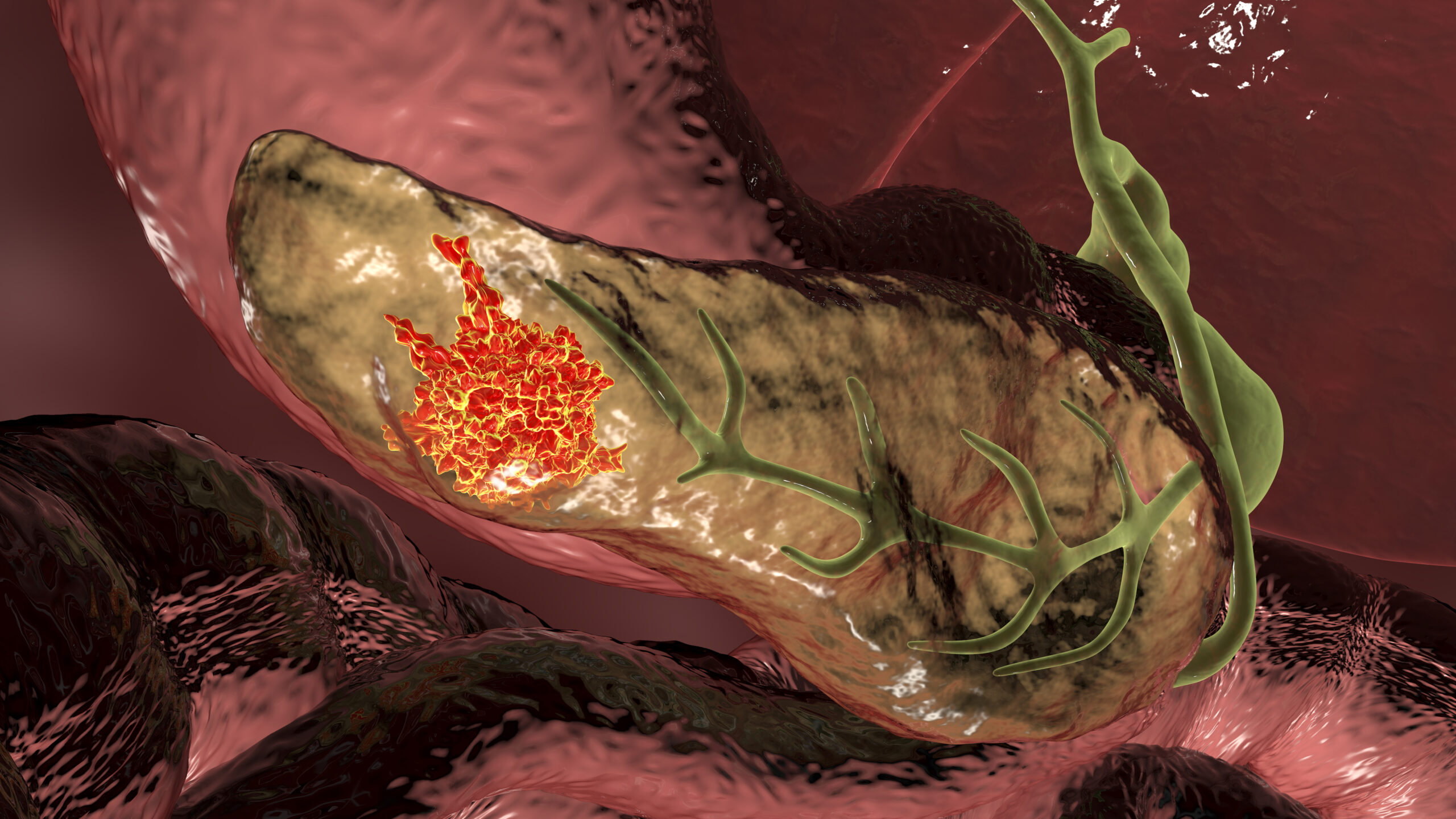By Jon Hamilton – NPR –
A study of cells from 84 cadaver brains suggests that Alzheimer’s has two distinct phases, and that one type of neuron is especially vulnerable.
“There’s an early phase where there’s a very slow increase in the amount of pathology,” says Ed Lein, a senior investigator at the Allen Institute for Brain Science in Seattle, “then a more exponential phase where suddenly things get really bad.”
The study also found evidence that a small subset of neurons known as somatostatin inhibitory neurons begin to die off during the early phase of Alzheimer’s, Lein and a team of nearly 100 other scientists report in the journal Nature Neuroscience.




